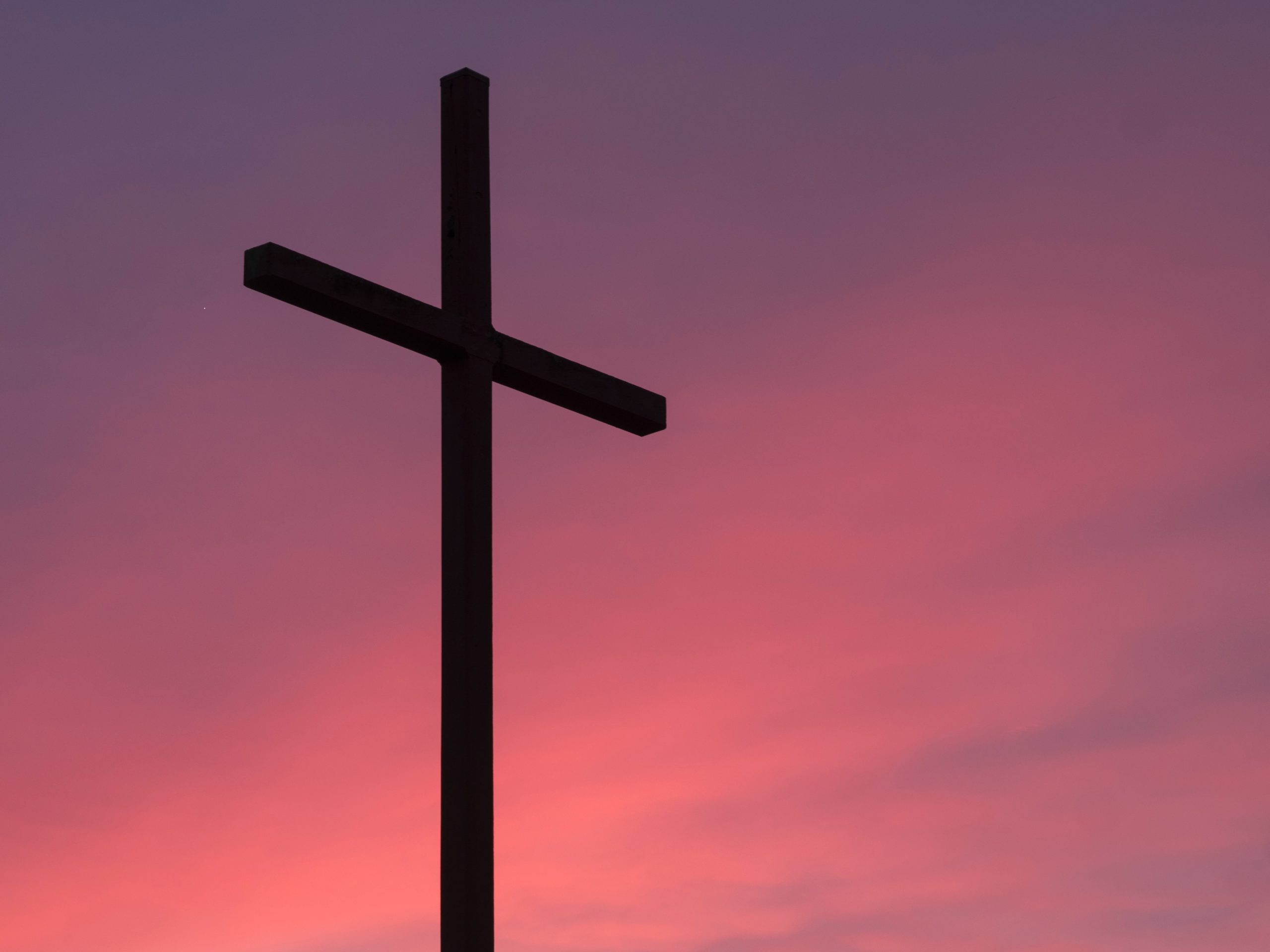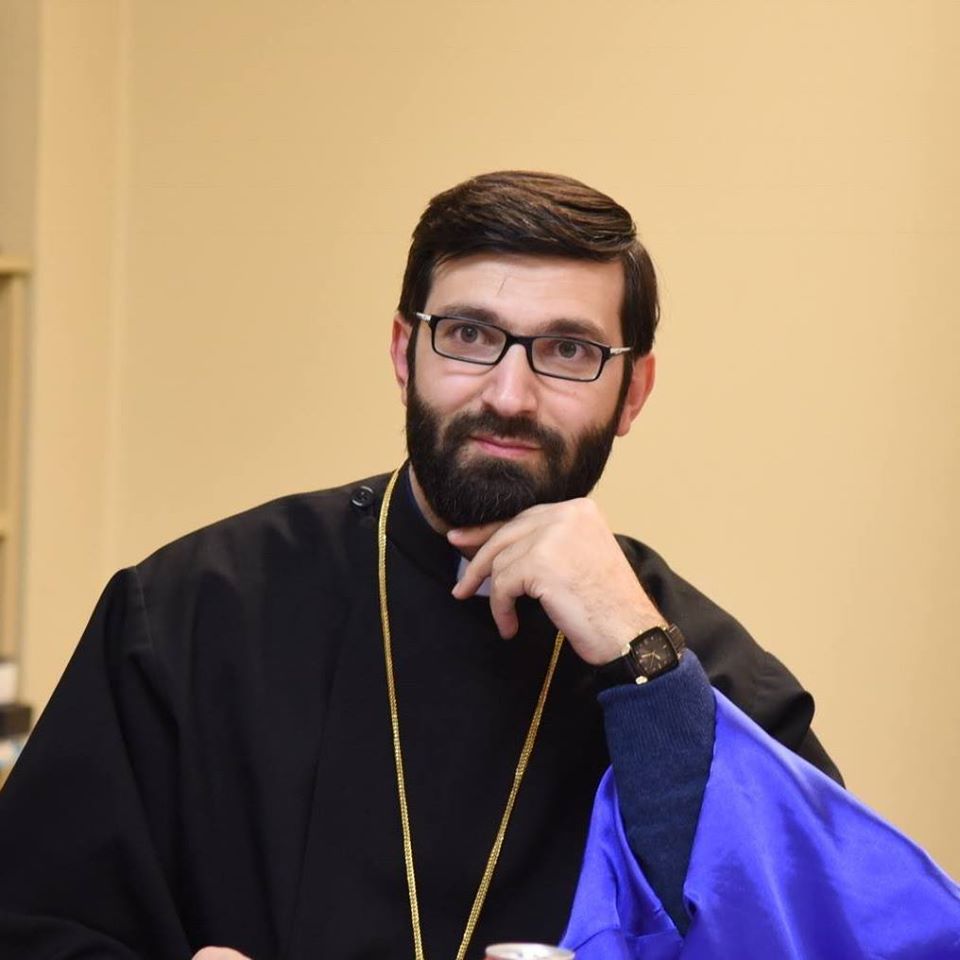
Last week, we all, many of us from our homes, celebrated Easter – the Resurrection of our Lord Jesus Christ. At the time of the resurrection, none of Jesus’ friends and followers were there with Him. The apostles did not have the chance to witness His resurrection that morning, but they met Him in Galilee as He told them, and followed Him the rest of their lives. Therefore, do not feel discouraged; this year the current circumstances forced us to celebrate the resurrection from our homes, but we are invited, just like the apostles, to be His disciples sharing His love and spreading His words with others.
Why is Easter so important? Why do we have to celebrate it? What if there were no resurrection (Easter)? Valid points. Let’s talk about them.
In the beginning, from His outpouring love, God created heaven and earth. His fatherly love never ceased to exist because He is love (1 John 4:8). God was, is, and will always be, and thus His love for us is everlasting. Therefore, even after the disobedience and transgression of Adam and Eve, God continued to show His love in many ways (for example, Abraham, Jacob, Joseph, Moses, …).
Most of the time people could not and did not use the gift of free will for their benefit. Instead, they loved to be rebellious. Some people may ask, what is the purpose of free will if you cannot be yourself and sometimes be rebellious? Of course, there is nothing wrong with being who you like to be and with expressing yourself. That is why we were created in the image of God (Genesis 1:26). But there is one fine line in free will, either to do something powered by love or to do something powered by hate. If our actions are powered by hate, then we stop God from being present in our lives. God is love; in His presence hate cannot exist. Look at it this way: when there is light, darkness cannot exist; darkness is nothing but an abstract concept of inexistence. We do not experience darkness when there is light. Therefore, if our free will is powered by hate that means we are simply blocking the light of God into our lives. Thus, in the presence of love, hate cannot coexist and vice-versa.
To express His love and to be an example, God sent His only-begotten Son to live among us and to reestablish the covenant of love. The incarnation of the Word was a great testimony of free will that lived with love and peace. Of course, this was a different revelation. It was not merely prophetic; on the contrary, it was the fulfillment of prophecies. This revelation was crowned by the resurrection, and it was the culmination of the salvific events.
Why was the resurrection so important? First, the resurrection is the privilege and authority of a Creator-God.
God gave man/woman all the authority to rule over everything (Genesis 1:26), to imagine, to create, to gain, to lose, to cure and so on. Humanity became the ultimate power and could do and have everything they wanted, except immortality. No one could cheat death. In the history of humanity, there were many gods with their magi, philosophers, prophets and prognosticators who preached, taught and showed high skills of spirituality, but none of those could conquer death. To make His point Jesus had to reveal His divinity. The creator and life-giving God had to conquer death.
In the Apostolic letters many times we read that “Jesus died for our sins” (1 Corinthians 15:3; 1 Peter 3:18; 1 John 3:16). He had to express His love and to die for our sins. The victory was not in dying, but in the resurrection.
Jesus said, “I am the life” (John 14:6). As mentioned above, darkness cannot coexist with light nor hate coexist with love; therefore, death cannot coexist with life. If Jesus had died without being resurrected that would have meant that He was not the Son of God. Therefore, the resurrection was an act and statement of divinity.
Second, the resurrection is a lighthouse of hope.
Easter or resurrection became the greatest symbol of hope. We live and dream, work and invest in our future and always hope. Uncertainty and ignorance were always the challenges of hope. But the Apostle Paul says: “We do not want you to be ignorant, brothers, concerning those who have fallen asleep, so that you do not grieve like the rest who have no hope” (1 Thessalonians 4:13). The resurrection was important because it took us beyond the earthly teachings. Jesus said: “I am the resurrection and the life. Those who believe in me, even though they die, will live, and everyone who lives and believes in me will never die” (John 11:25-26). Without the resurrection, hope would have faded out. In Armenian we say hope dies last, but the Scripture says: “Hope does not disappoint us” (Romans 5:5), because through the resurrection God gave us undefeatable hope to live, to strive, to love and to believe.
Finally, the resurrection is the authenticity/identity card of Christianity.
The Apostle Paul says: “If Christ has not been raised, then our proclamation has been in vain and your faith has been in vain” (1 Corinthians 15:14). The resurrection is the validity and authenticity of God’s new covenant. What the Apostles, church fathers and we all are preaching is founded on the resurrection, without which the Church, as the Body of Christ, would collapse. Without the resurrection, Christianity would have been one of many false religions.
Therefore, Christianity without the Resurrection/Easter would be nothing but a cult, a hopeless spiritual orientation and a mere religious organization.
Let us always celebrate the Resurrection of our Lord and fill up with life, love and hope. Amen.



Thank you Hayr Sahag. Your words are very timely and welcome